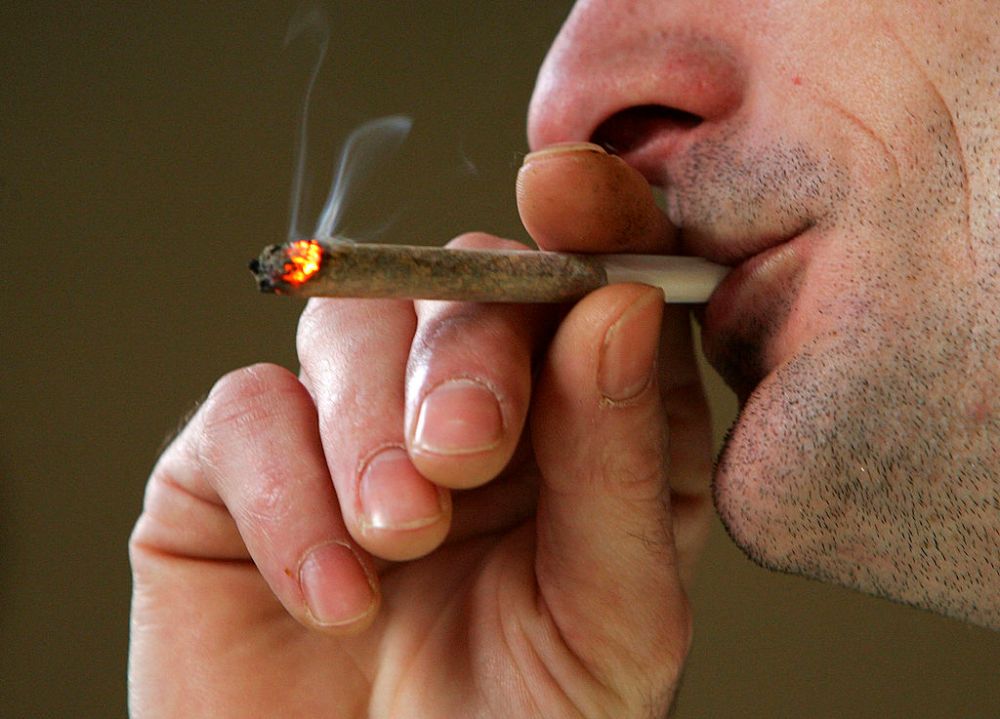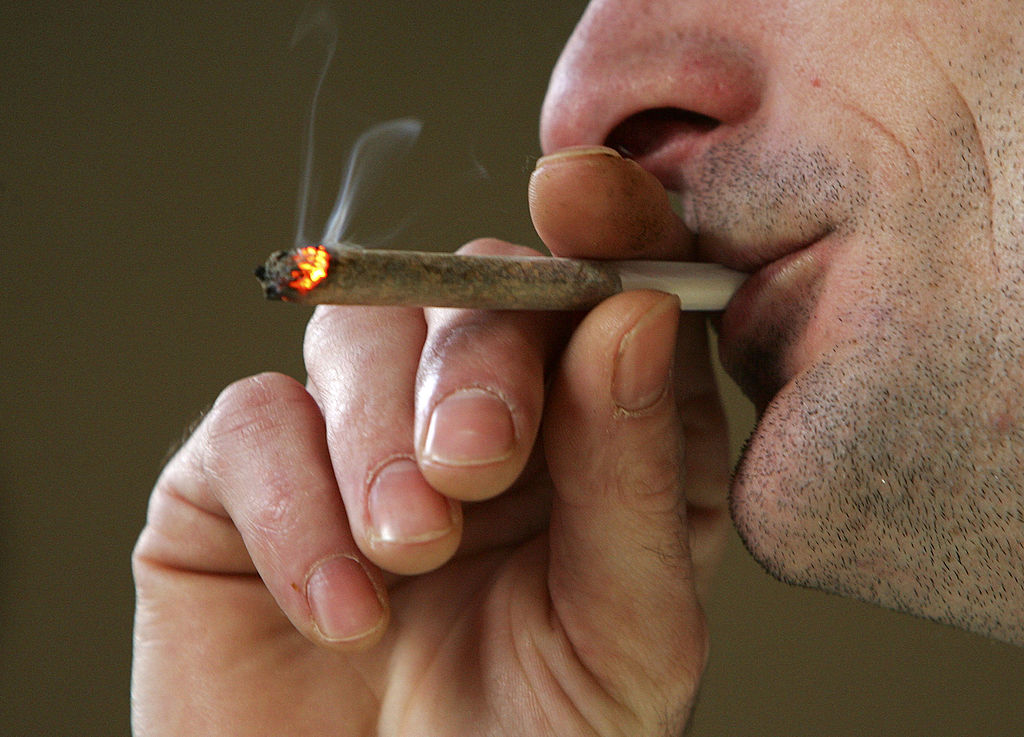It’s Humza Yousaf’s 100th day in office today. So what better way to mark this milestone than with a fresh clash with Westminster? A policy paper put out by the Scottish government this morning calls for the decriminalisation of all drugs for personal use. Drugs are a reserved matter but Holyrood ministers want that changed to allow people found in possession to be ‘treated and supported rather than criminalised and excluded’. Scotland would only be able to implement this approach if the UK government granted a section 30 order: an opt-out from the reserved power laws in the Scotland Act. Other proposals that the SNP want include law changes to allow the introduction of supervised drug consumption facilities.
Since 2015, Scotland has seen year-on-year record numbers of fatal overdoses
‘No’ was the pithy reply offered by Andrew Bowie, the Scottish Tory MP and energy minister, when news of these demands broke. A variation of these words is likely to be the official UK government response to this strategy. Already a No. 10 spokesman has said: ‘I’m confident enough to say that there are no plans to alter our tough stance on drugs.’ The Home Office has no plans to decriminalise drug possession and is also opposed to drug consumption rooms. Ministers see the drugs plan as a deliberate attempt to stoke grievance reignite the constitutional conflict between Edinburgh and London. They see it as analogous to the SNP’s efforts to stake a claim to equalities legislation – another reserved matter – via the Gender Recognition Reform Act, which the UK government blocked in January.
Today’s announcement by Scottish ministers is recognition that something needs to change on the country’s drugs policy. Since 2015, Scotland has seen year-on-year record numbers of fatal overdoses. It now has among the worst drug death rates in Europe, despite more than £250 million being invested in addiction services. But with the UK government unwilling to countenance substantial reform or constitutional concessions this side of an election, this latest policy paper is unlikely to achieve anything of substance. The debate, however, will continue to rumble on.








Comments